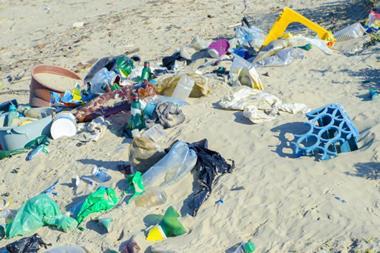
With days to go until the hopelessly late budget, the food and drink industry will be holding its breath. What surprises are in store? The Chancellor appears to have used the delays to test consumer appetite for income tax rises, and concluded there is none. That’s spooked the City, while the sector is sweating on whether the breaks it has lobbied for – on Inheritance Tax, business rates, excise duty, the Soft Drinks Industry Levy, etc – will be scrapped.
The Chancellor’s mantra from the outset has been ‘growth’. The reality, as manifested in the last budget, has been anti-growth, and contributed directly to the return of food price inflation, to leave even ‘working people’ out of pocket.
The same is true on the policy side. This week the rumour mill has gone into overdrive over a potential further tax grab through the infamously ineffective plastic packaging tax. Alongside the overlapping EPR, that’s clearly bad for jobs and business confidence.
As our Top 150 Food & Drink Rankings & Report 2025 shows, capex among suppliers has only just recovered from the crisis of the early 2020s, so it would be a crying shame if continued raids on the food and drink industry nipped it in the bud. But what’s doubly galling is the PPT is not resulting in the outcomes it was supposed to achieve, and that consumers, the industry and the government all want.
The lack of a growth strategy is also a glaring omission from the emerging National Food Strategy. Save for references to horticulture and poultry, it’s focused on health and to a lesser extent sustainability.
This week, new Defra secretary Emma Reynolds acknowledged productivity growth was important and announced an (overdue) tariff review and a cross-departmental pledge to consider inflation in all future legislation at the FDF Investment Summit. Big deal! As the FDF pointed out, the food & drink industry qualifies for a piddling 0.1% of the government’s R&D budget. And the government needs to give serious consideration to the proposals from the FDF in its Ambition for Growth white paper.
And it’s the same on the farming side. There’s been tons of recommentations from the NFU. Not to mention the Dame Minette Batters Farm Profitability Report. Amid accusations that it’s been buried by the Treasury, Emma Reynolds promised in another appearance this week, at the CLA conference, to review it after the Budget. Take that as you wish. Meanwhile Reynolds promised the Sustainable Farming Incentive would support economic growth. How, she would not say. She wouldn’t even take questions from the floor, let alone the media.



















No comments yet